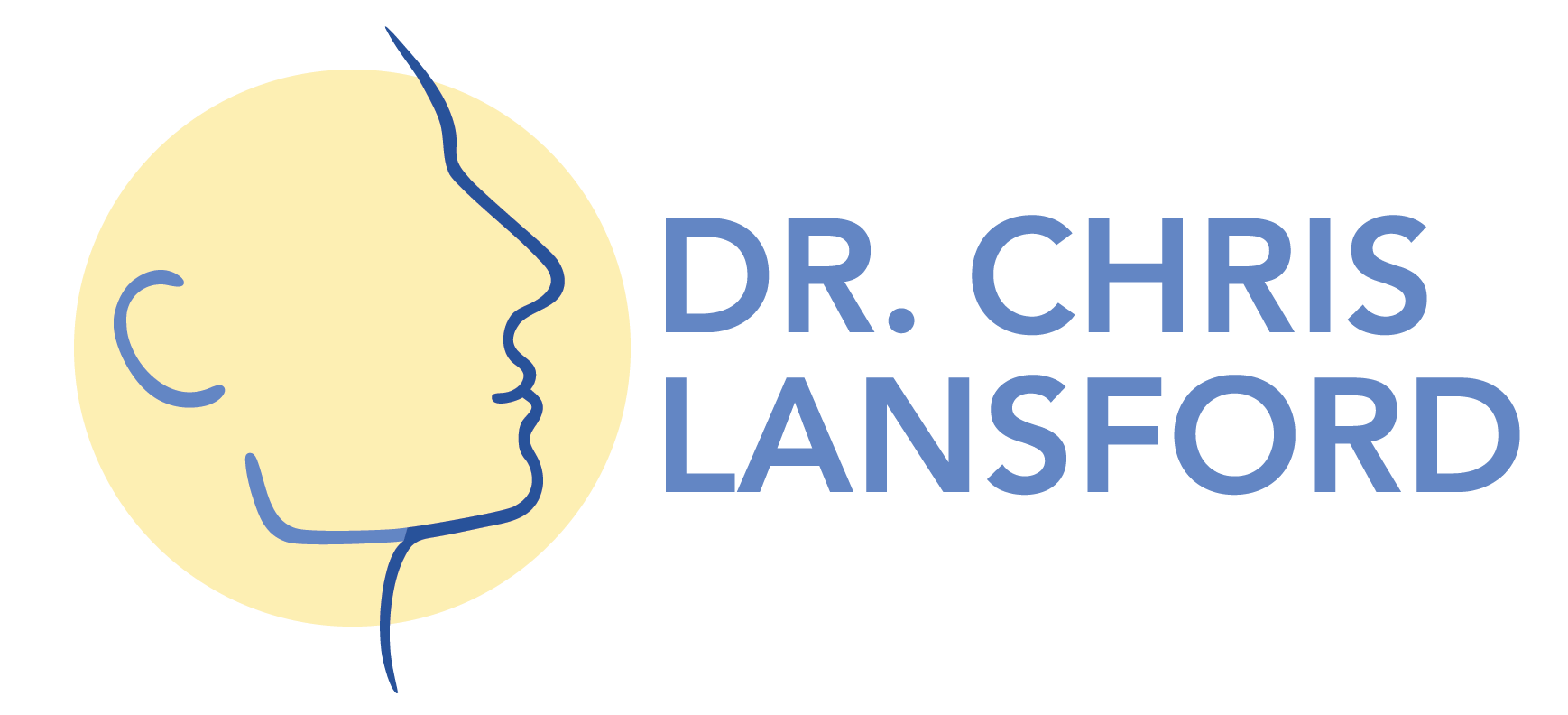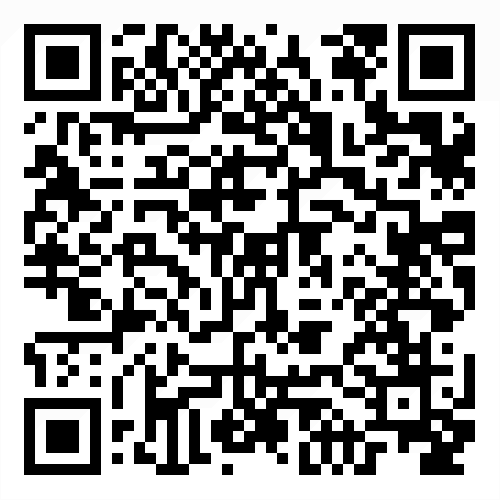Diagnostics: Barium Swallow Study
(Also known as Esophogram and Dual Contrast Esophogram.)
What is a Barium Swallow study?
A barium swallow study is a diagnostic test performed by a radiologist to evaluate the esophagus. During the procedure, the patient swallows a contrast material containing barium, which coats the lining of the upper gastrointestinal tract. X-ray images are then taken as the patient swallows the barium, allowing the radiologist to assess the structure and function of the esophagus. This test is commonly used to evaluate dysphagia (trouble swallowing). A barium swallow study accurately detects some conditions that may cause cause dysphagia, such as a Zenker’s diverticulum, an esophageal stricture (narrowing), external compression, problems with the coordinated squeezing movement of food, the presence of a hiatal hernia or other anatomic abnormalities. A barium swallow study might demonstrate reflux from the stomach to the esophagus, but the absence of a reflux event during the study does not mean the patient does not have reflux at other times. In some cases, additional imaging techniques like a barium meal or follow-through may be recommended to provide further information.
Images from a normal barium swallow study. Against a background of ribs and the spine, the barium containing liquid is seen passing through the esophagus to the stomach.
This page


